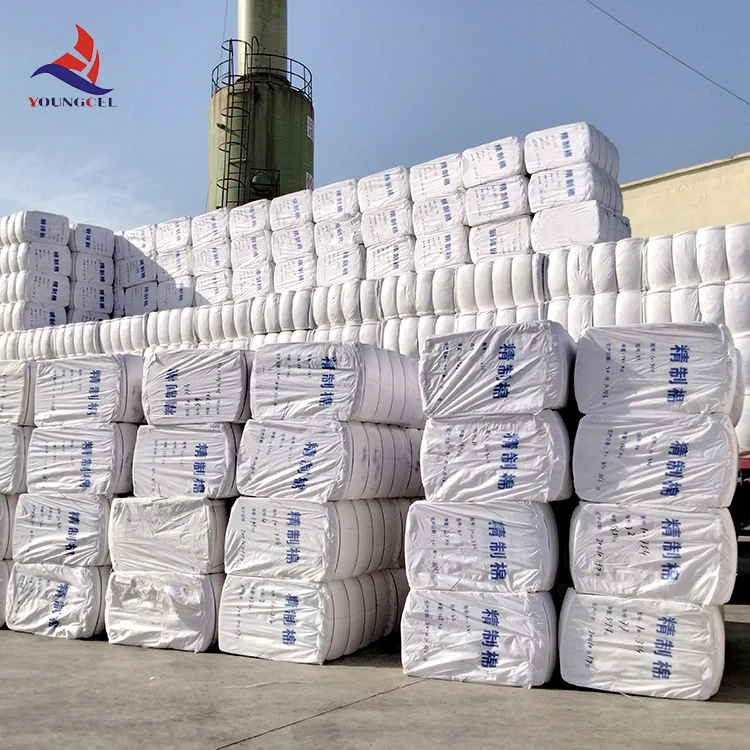The Role of Chemical Thickening Agents in Various Industries
Chemical thickening agents, often referred to simply as thickeners, play an integral role in enhancing the viscosity and texture of various products across multiple industries. From food production to cosmetics and pharmaceuticals, these agents help achieve the desired consistency and stability in formulations. This article explores the significance, types, and applications of chemical thickening agents, highlighting their multifaceted roles in modern manufacturing processes.
Understanding Chemical Thickening Agents
A chemical thickening agent is a substance that increases the viscosity of a solution without substantially altering its other properties. These agents can be derived from natural sources or synthesized chemically, depending on their intended application. They work by altering the flow properties of liquids, allowing them to flow more slowly or resist flow altogether. This ability to modify texture is critical, especially in products where thickness contributes to user experience and product performance.
Types of Thickening Agents
1. Natural Polymers Many thickeners are obtained from natural sources. Examples include guar gum, xanthan gum, and agar. These natural thickeners are preferred in certain food applications due to their bio-compatibility and consumer demand for clean label ingredients.
2. Synthetic Polymers Synthetic thickeners, such as polyacrylate and hydroxyethyl cellulose, are commonly used in both industrial products and cosmetics. They are valued for their ability to provide consistent results and their effectiveness in forming stable emulsions.
3. Modified Starches Starches derived from corn, tapioca, or potato are modified to enhance their thickening capabilities. They are commonly used in sauces, gravies, and soups, imparting a creamy texture without altering taste.
4. Cellulose Derivatives Cellulose-based thickeners, such as methylcellulose and carboxymethyl cellulose, are extensively used in food, pharmaceuticals, and personal care products. Their unique properties make them effective in retaining moisture and improving the stability of emulsions.
Applications Across Industries
'chemical thickening agent'

1. Food Industry In food production, thickening agents are crucial for creating sauces, dressings, dairy products, and baked goods. They enhance mouthfeel and texture, contributing to overall consumer satisfaction. For instance, xanthan gum is widely used in gluten-free baking to improve dough structure and moisture retention.
2. Cosmetics and Personal Care Thickeners are an essential component in lotions, creams, and shampoos. They help achieve the right texture, enabling easy application and providing a luxurious feel. Hydroxyethyl cellulose is particularly popular in shampoos and conditioners, where it provides a thick consistency while ensuring even distribution.
3. Pharmaceuticals In the pharmaceutical industry, thickening agents are used to improve the stability and ease of administration of liquid medications. They can help suspend active ingredients and ensure uniformity in formulations, making it easier for patients to consume medicines.
4. Industrial Applications Chemical thickeners are also utilized in industrial processes, such as paints, coatings, and adhesives. They help control the flow properties, ensuring smooth application and improved performance of the end product.
Challenges and Future Directions
While chemical thickening agents offer numerous benefits, their use is not without challenges. Natural thickeners may come with variability in performance due to factors like moisture content and processing methods. Conversely, synthetic agents may raise concerns about their long-term safety and environmental impact.
In response to these challenges, the industry is increasingly focusing on sustainable practices and the development of bio-based thickeners. Innovations in biotechnology are paving the way for new, efficient thickening agents that are environmentally friendly and meet consumer preferences for natural ingredients.
Conclusion
Chemical thickening agents are indispensable in shaping the consistency and performance of products across various industries. Their versatility allows for tailored applications, ensuring that formulations meet the specific needs of consumers. As industries continue to evolve, the pursuit of effective, sustainable thickeners will drive innovation and enhance product quality, contributing to a better user experience in everyday products. Whether in food, cosmetics, or pharmaceuticals, these agents are vital in the quest for perfection in texture and stability.




